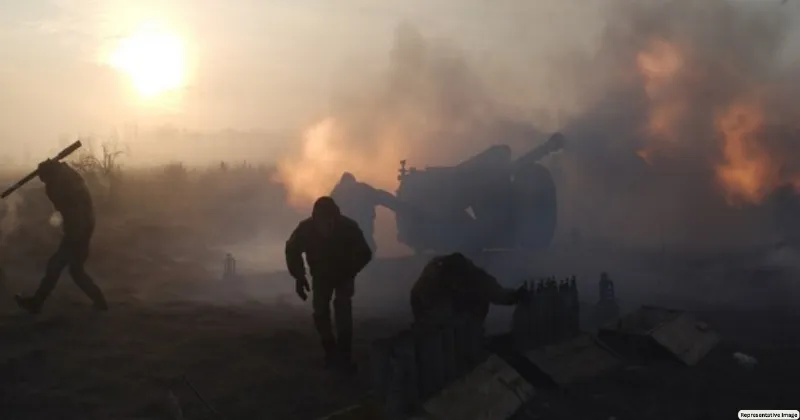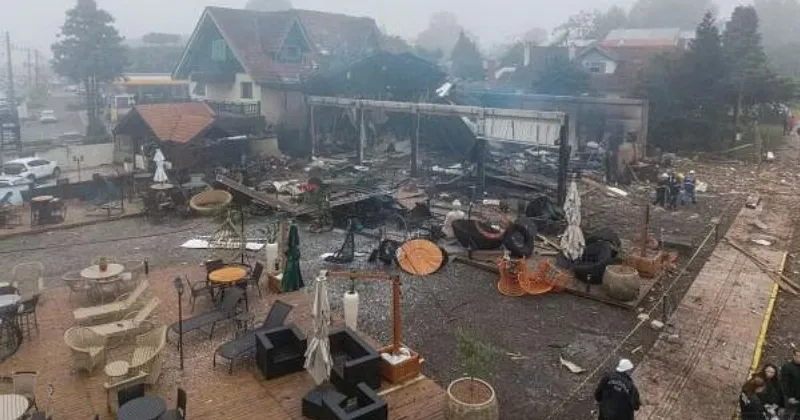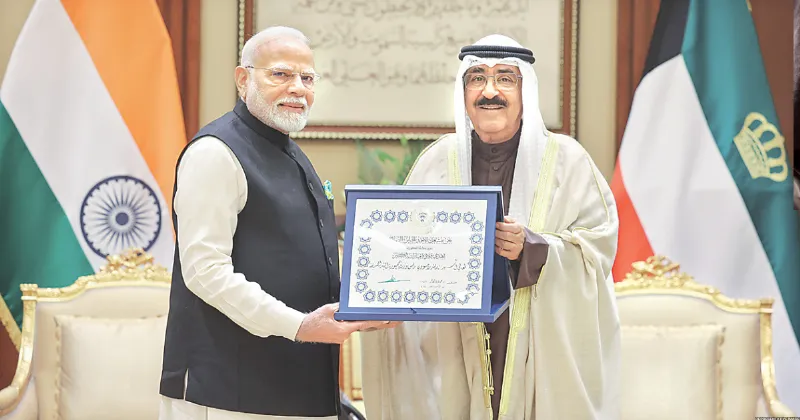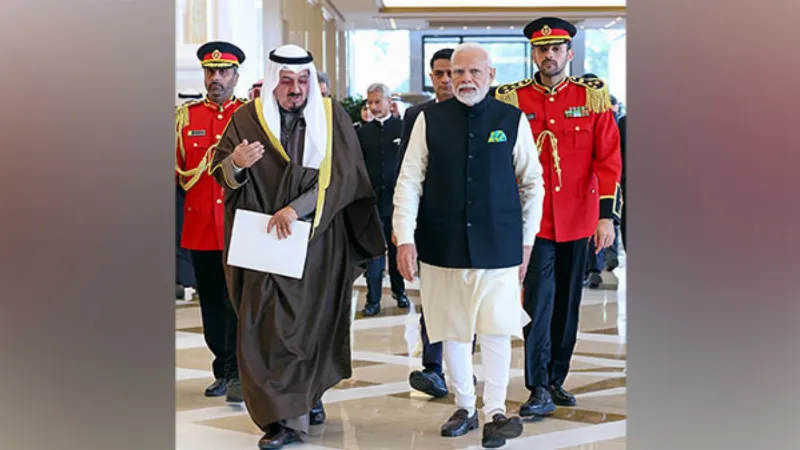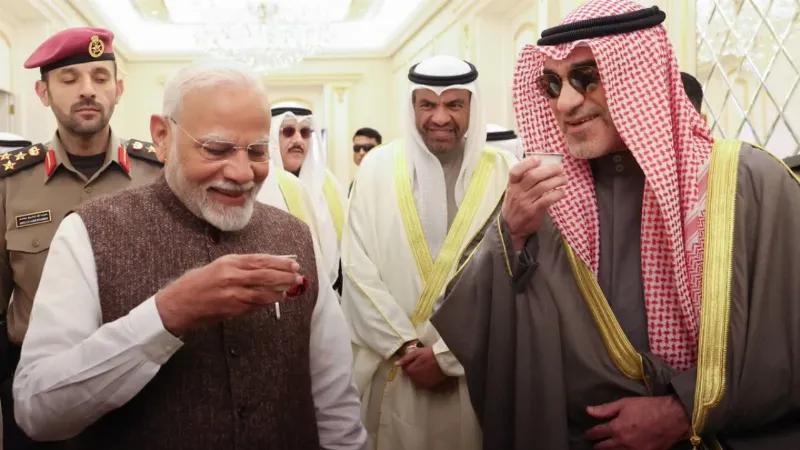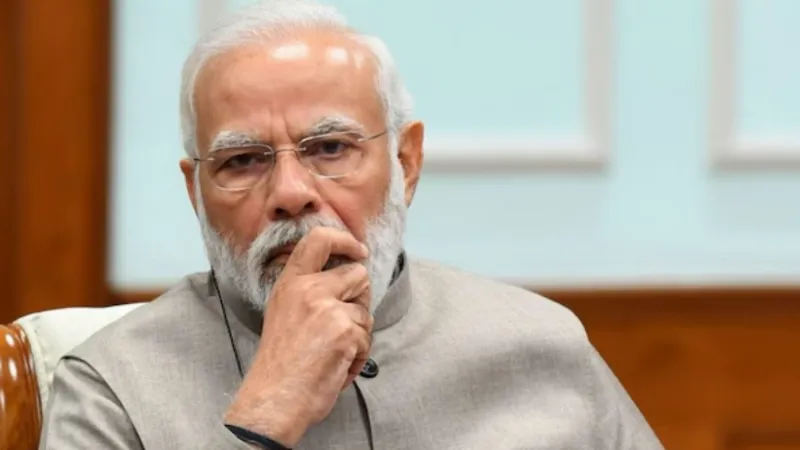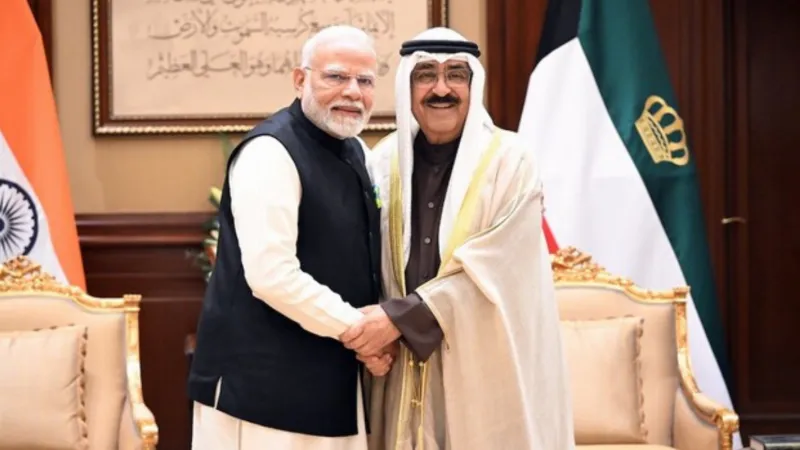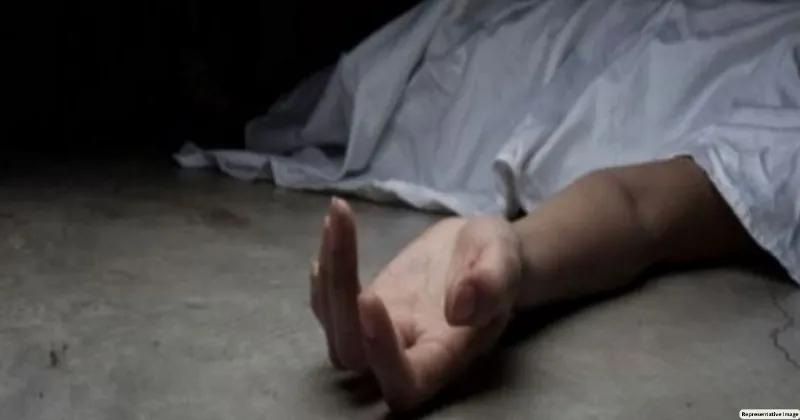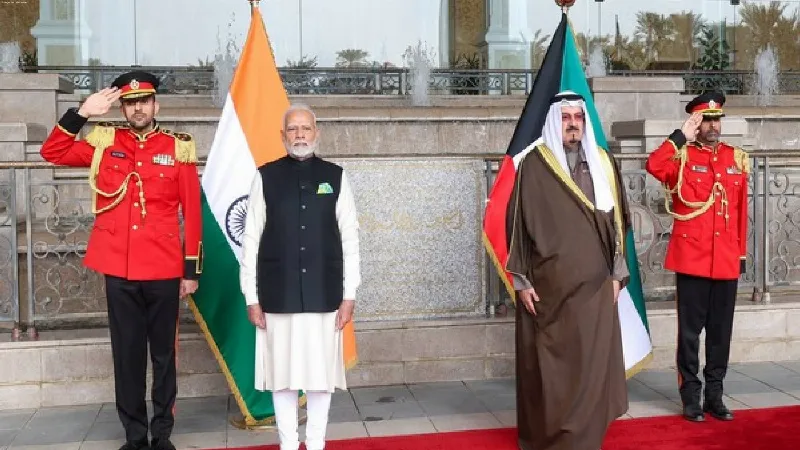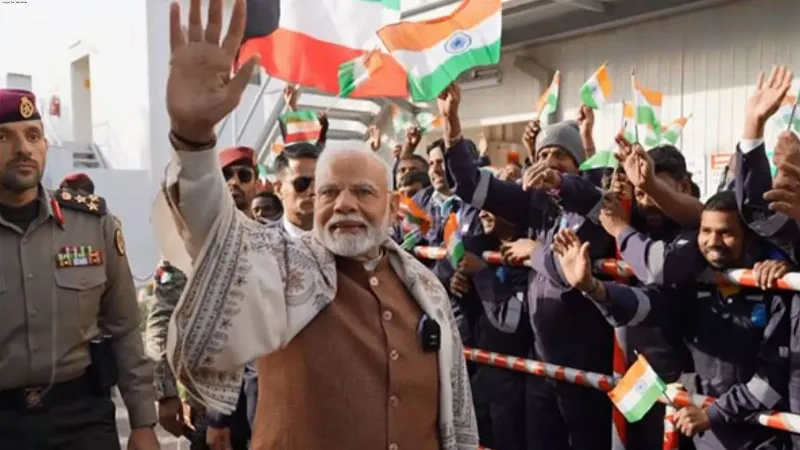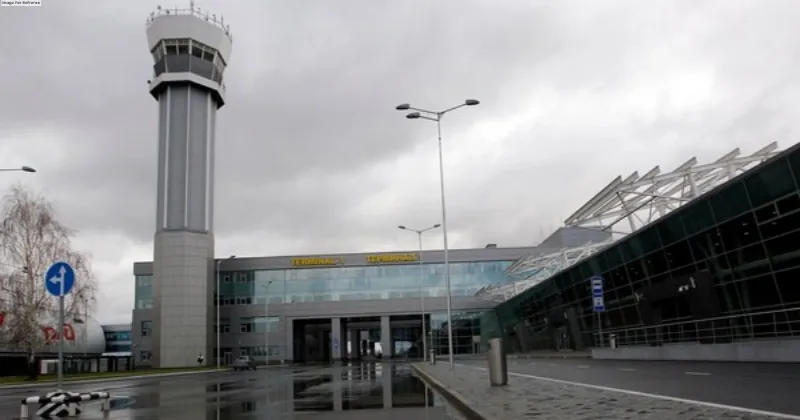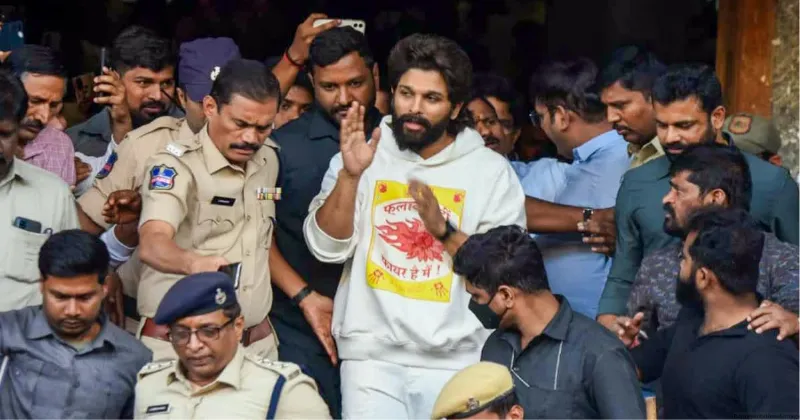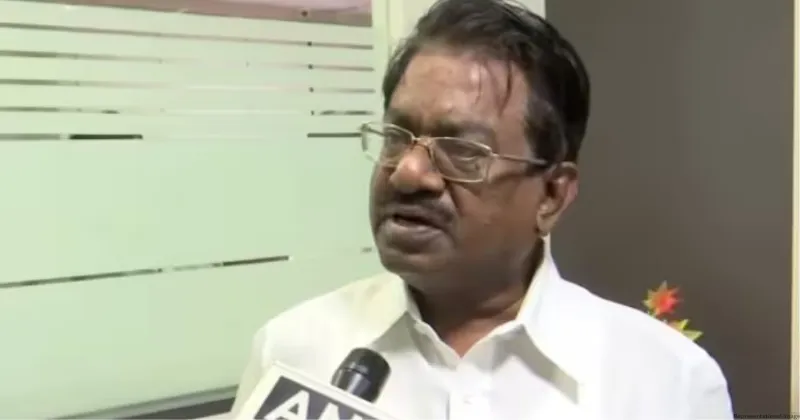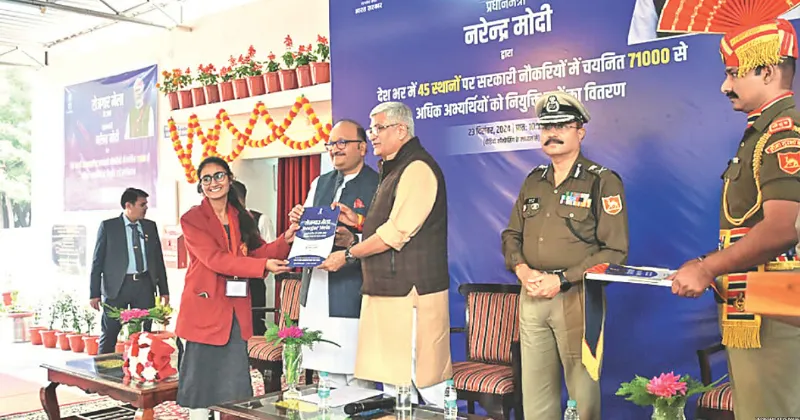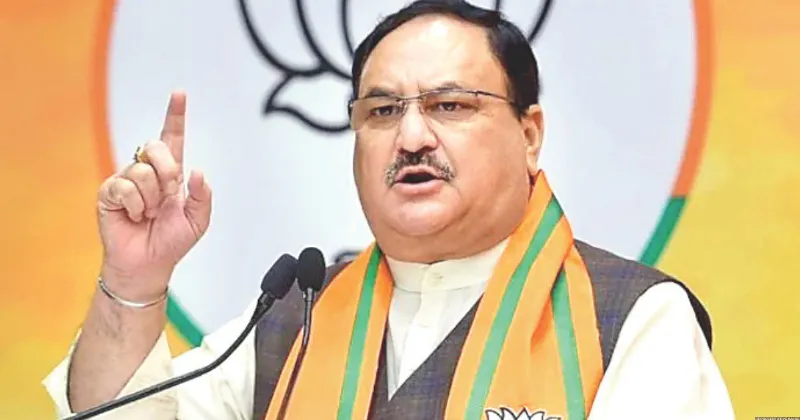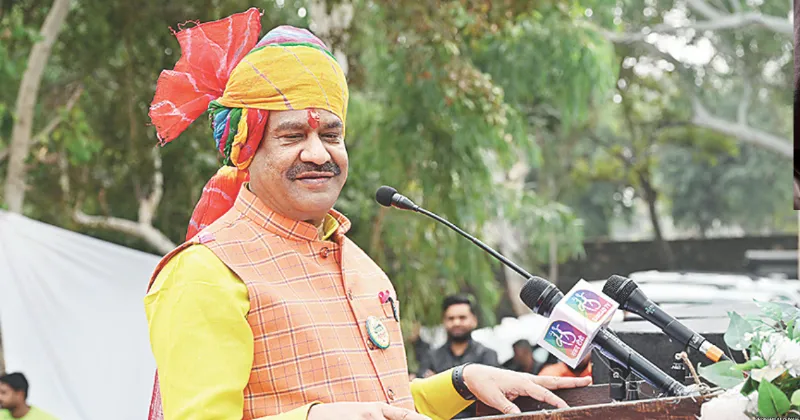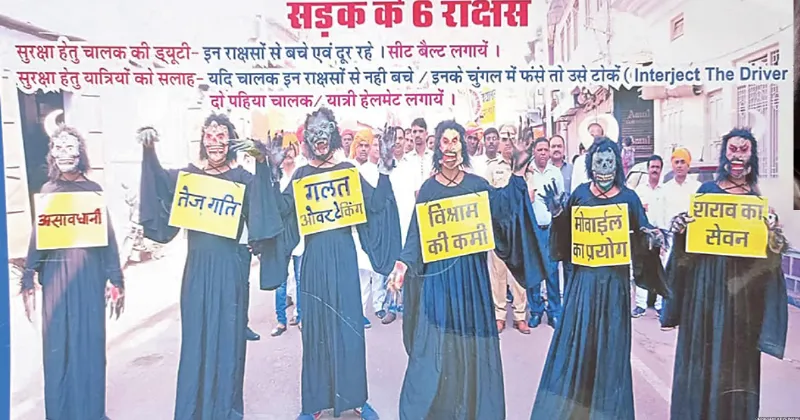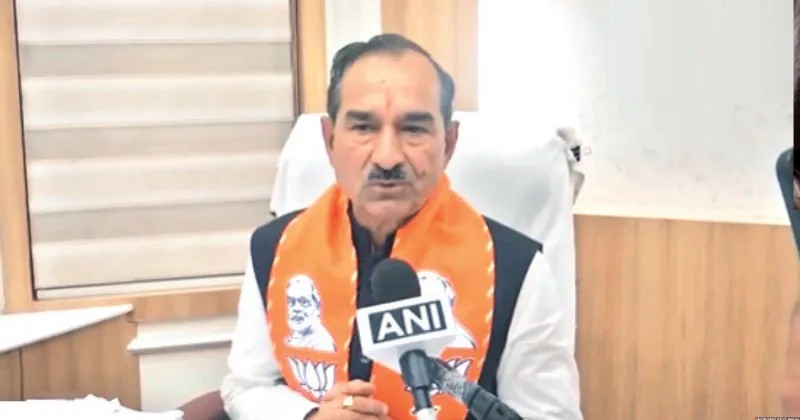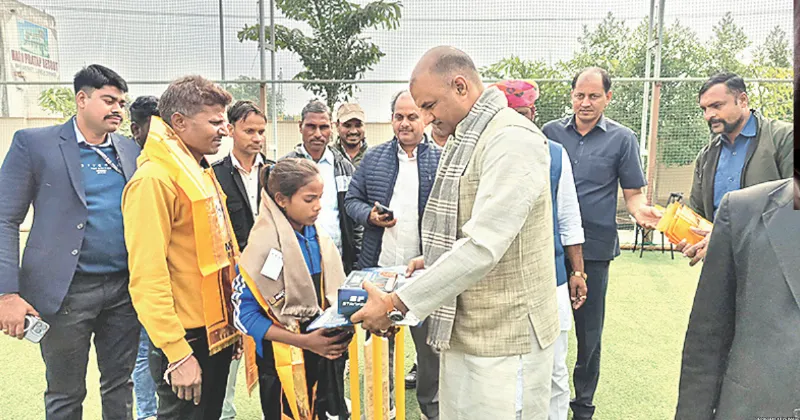Islamabad [Pakistan]: The Pakistan Supreme Court said on Wednesday that the former Prime Minister Zulfikar Ali Bhutto was not given a fair trial, leading to his hanging 44 years ago, The Express Tribune reported.
It said that the proceedings of the trial of the leader by the Lahore High Court (LHC) and of the appeal by the SC do not meet the requirements of the fundamental rights of a fair trial and due process enshrined in Articles 4 and 9 of the Constitution.
Responding to a presidential reference filed 12 years ago, Chief Justice Qazi Faez Isa said, "We didn't find that the fair trial and due process requirements were met."
On March 18, 1978, the LHC sentenced former prime minister Bhutto to death for allegedly ordering the assassination of Ahmed Reza Kasuri, one of the founding members of the PPP, The Express Tribune reported.
The SC, with a majority vote of 4 to 3, upheld the LHC verdict on February 6, 1979. The PPP founder was executed on April 4 of the same year.
According to the report, the nine-member bench hearing the presidential reference included Chief Justice of Pakistan (CJP) Qazi Faez Isa, Justice Sardar Tariq Masood, Justice Syed Mansoor Ali Shah, Justice Yahya Afridi, Justice Amin-ud-Din Khan, Justice Jamal Khan Mandokhail, Justice Muhammad Ali Mazhar, Justice Syed Hasan Azhar Rizvi, and Justice Musarrat Hilali.
CJP Isa, while announcing the majority opinion, maintained that judges are to decide cases impartially. "There should be self-accountability within the judiciary," he stated, adding that the judiciary cannot progress without admitting its past errors.
The apex court, in its short order, raised pertinent questions regarding Bhutto's trial. It asked whether the decision of the LHC as well as the SC in the trial met the requirements of fundamental rights as guaranteed under Article 4, sub-Articles (1) and (2)(a), Article 8, Article 9, Article 10A/due process, Article 14, Article 25 of the Constitution of the Islamic Republic of Pakistan, 1973.
"The proceedings of the trial by the Lahore High Court and of the appeal by the Supreme Court of Pakistan do not meet the requirements of the Fundamental Right to a fair trial and due process enshrined in Articles 4 and 9 of the Constitution and later guaranteed as a separate and independent Fundamental Right under Article 10A of the Constitution," stated the short order.
The larger bench also asked whether " in the peculiar circumstances of this case awarding and maintaining of the death sentence was justified or it could amount to deliberate murder keeping in view the glaring bias against Shaheed Zulfiqar Ali Bhutto".
"Referenced questions do not specify the principle of law enunciated by this court in the Zulfikar Ali Bhutto case, regarding which our opinion is sought. Therefore, it cannot be answered whether any principle of law enunciated in Zulfikar Ali Bhutto case has been dissented to or overruled," added the apex court in the short order.
During the PPP's last rule between 2008 and 2013, former president Asif Ali Zardari filed a reference with the apex court, requesting an opinion after analyzing the SC's and the LHC's judgments in the ZAB case based on the fundamental rights guaranteed under the Constitution.
Earlier this week, the SC had reserved its opinion on the matter.
Following the conclusion of arguments, CJP Qazi Faez Isa, leading the nine-member bench hearing the reference, noted that the court is reserving its opinion, with a brief version to be unveiled before the retirement of SC's Senior Puisne Judge Sardar Tariq Masood, The Express Tribune reported.
Justice Masood is scheduled to retire on March 8.
Earlier, Justice Isa asked one of the amici curiae, Raza Rabbani, if the court could issue a brief opinion in this case. Rabbani, who belongs to the PPP, replied in the affirmative.
"The SC can utilize Article 187 of the Constitution to ensure complete justice," he said.
Justice Muhammad Ali Mazhar noted that if the court utilized Article 187, it would deliver a verdict in the case rather than offering an opinion.


.jpg)

